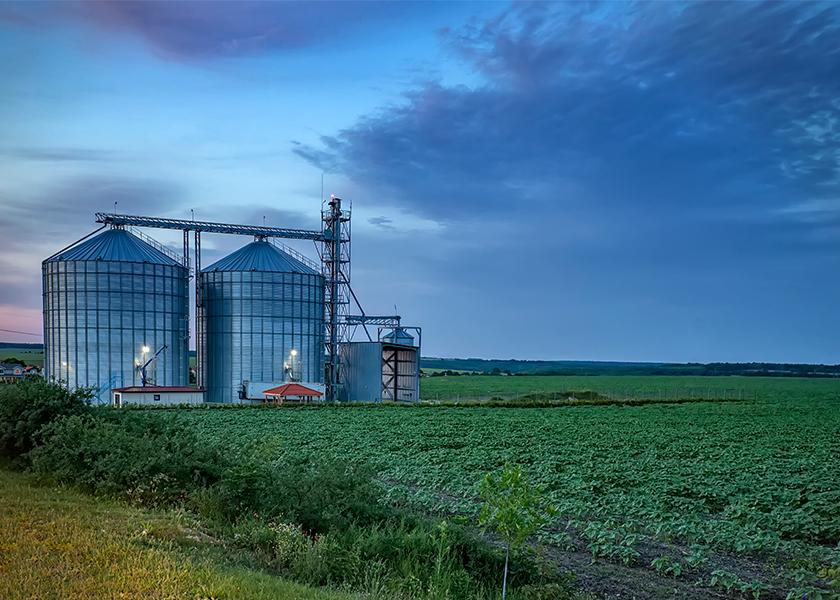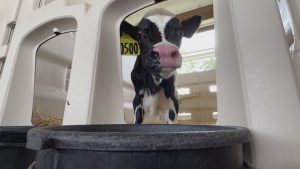
Not only are legislators working on a stopgap spending bill before the new fiscal year begins Oct. 1, but House leaders are working to pass the $1 trillion infrastructure bill and the $3.5 trillion reconciliation package, which has drawn criticism from counterparts on the right.
Monday, the Senate GOP blocked a measure to raise the debt ceiling. The stopgap bill would have funded the government through Dec. 3, suspended the debt limit, as well as provided hurricane relief. the bill was backed by Democrats, saying the GOP was sabotaging the ability for the United States to pay its bills, while GOP leaders stated they would support a bill that focuses solely on government funding and hurricane relief, but raising the debt ceiling wasn’t an option.
The battled played out Monday, as Democrats have a series of bills they aimed to pass this week. The reconciliation bill includes the “human infrastructure” element as well as climate initiatives, childcare subsidies, Medicare expansion and more. Democrats are pushing for tax increases to help pay for the massive price tag but those tax changes are coming with major opposition from the GOP. Among the possible taxes measures are changes to capital gains, which are still causing a stir because many farm groups which argue the tax changes will cost family farms.
Vilsack Defends Biden Administration’s Proposed Tax Changes
USDA Secretary Tom Vilsack has gone on the offense, trying to set the record straight on how the possible capital gains tax changes would impact family farmers. Not only did he write an op-ed in the Wall Steet Journal earlier this month, but he made his case on AgriTalk with Chip Flory last week. Contrary to previous reports, he says nearly all family farms will see no impact from the possible changes to stepped-up basis.
“I understand and appreciate the criticism that I’ve gotten, but the reality is the criticism is based on an incomplete analysis of the proposal. It’s one thing if what’s proposed were that the only folks who qualify for the exemption, if you will, are those whose family continue to own and operate the farm. But they’ve forgotten in their calculations and in their review about the exemption levels of $1 million per person, $2 million per couple, if there’s a homestead, $2.5 million per couple. When you apply that, combined with the exemption for owner and operator, you get 98% of the farms, almost 99% of the farms, not covered by this.”
Vilsack’s statement used a statistic produced by a recent USDA Economic Research Service (ERS) study, which showed 98.9% of family farm estates would not owe capital gains taxes when the principal operator dies, based on the proposed exemption levels, or be impacted by carryover basis. Furthermore, ERS points out their analysis of the tax changes found 80.7% of estimated family farm estates have total farm and non-farm gains less than the exemption, meaning they would have no change to their capital gains tax liability under the proposal.
Contradicting Claims
The data — and Vilsack’s statement on AgriTalk — contradicts a study done by Texas A&M University’s Agricultural & Food Policy Center (AFPC) that shows the Biden Administration’s proposed tax changes could be costly for family farms. The AFPC study found only two farms out of those studied would be immune to the proposed tax changes, and those two farms rent 100% of the land they farm. The remaining family farms would possibly have to take on more debt just to finance the higher tax bill.
“There would be a significant tax liability across all the farms that we looked at, except for two, so 92 of the 94 farms,” Joe Outlaw, co-director of Agricultural Food Policy Center and a Texas A&M economist, told Farm Journal after the report was released. “The one sure thing I can tell you is even with the projection of higher prices from FAPRI that we have right now, none of those farms can absorb this tax liability without having to refinance and go into debt. Not one. That’s the take-home.”
The AFPC study was done at the directive of Senate Ag Committee GOP leaders, but Outlaw pointed out their economic analysis is done for both sides of the aisle and the findings have no political bias. Under the AFPC’s modeling system where producers provided actual accounting records, AFPC found even with higher prices, most farms don’t have the cash on hand to pay for it.
Differing Definitions of a Farm Family
So, how can one study find nearly 99% of family farms won’t be impacted by the tax changes, yet another one comes to the conclusion nearly all family farms will be hit with a higher tax bill and accrue additional debt? Farm CPA Paul Neiffer says it goes back to the database each used and what the two groups used as the definition of a family farm. Neiffer thinks if the ERS analysis would have included only those farmers who make most of their income directly from farming, then the analysis would show a different result.
“USDA needs to parse their database to only include farmers who make a living from farming. If they did that, I would expect more than 75% of those farmers would be affected by President Biden’s tax proposal,” says Paul Neiffer, CPA and partner with CLA who focuses on agriculture. “Also not including farm landlords, which again may be the majority of farmers since their land is likely in entities, would likely dramatically increase the number of farmers potentially subject to the tax. An exemption of $1 million likely only covers less than 100 acres of ground in Iowa that was purchased only 20 years ago.”
The ERS report states the data set used comprised of 1.97 million family farm households. However, an ERS spokesperson told Farm Journal of those 1.97 million family farm households, 918,209, or 46%, say their primary occupation is farming.
The Texas A&M AFPC report, which found all but two operations would be impacted by changes in the stepped-up basis, as well as inheritance tax, used a database of 94 representative farms in 30 states. The data is then combined with a farm-level policy simulation model, which has been used for decades. Despite USDA and Secretary Vilsack’s claims the tax changes won’t impact nearly 99% of family farms, economists say the findings of the Texas A&M study still hold true.
Congress In Control
Even as Vilsack pushes for farmers to trust the Biden administration when they say most family farmers will not be impacted by the proposed tax changes, ultimately, it’s up to Congress.
In September, the House Ways and Means committee put some farmers fears to rest, as the Committee’s version of the bill didn’t include the transfer tax and left the “stepped-up in basis intact.”
More recently, House Ways and Means Committee Chairman Richard Neal (D-Mass.) was asked by reporters if changes to stepped-up basis were still on the table. He responded by saying, “Not at the moment. No.”
As the House punts to the Senate, Senate leaders could have the final say. Senate Majority Leader Charles Schumer (D-N.Y.) wouldn’t offer any details on the plan, declining to provide any details on the menu of tax options,
As the two chambers hash out details, Neiffer says without changes to stepped-up basis, including the transfer tax due at death, the House’s plan is more favorable for family farmers and ranchers, but it does include some changes that could cause dairy farmers and larger farms to pay more.
“As far as a grade, what used to be probably an ‘F’ plan is now up to a ‘B-’ or ‘C+’, at least based on the House Ways and Means Committee proposals that came out,” Neiffer says.
He says if the House adds back in the transfer tax, then his grade would go back to an ‘F.’























